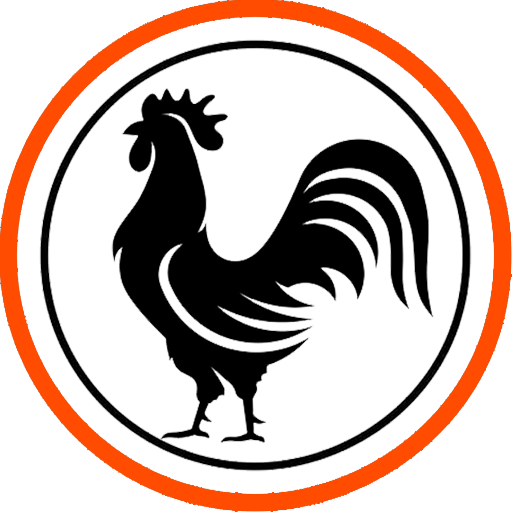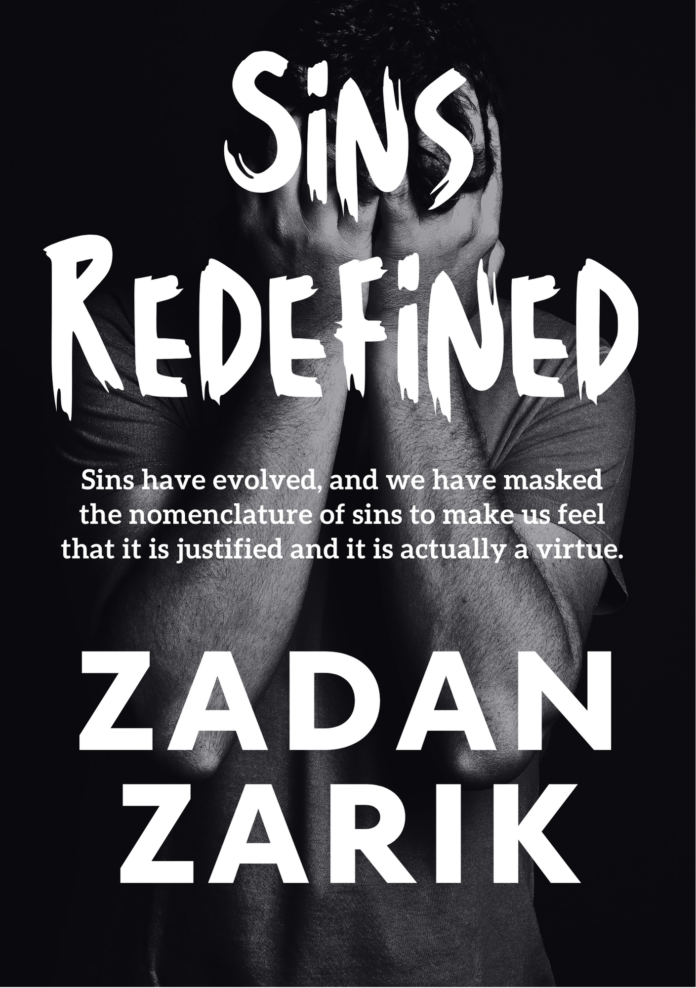When I reflected on the journey of my life in my book “Half-Life,” it led me to write this book. I realized how my own experiences have shaped my understanding of the evils and sins that plague society. In my past, I often found myself caught up in the currents of a world that, in many ways, seemed to glorify actions that were, in reality, destructive and immoral but never felt so, and that was an alarming thing I noticed right now. Over time, I began to see that the sins we once recognized as wrong had somehow become normalized (they call it the new norm), their true nature obscured by the smooth talk of those who sought to justify them. I call it re-labelling.
I remember a time when I, like many others, believed that sins were easily identifiable things like murder, theft, or lying. But as I moved through life, specifically the half-life, which I call 30 years, taking an average age of 60 years, and encountered various people and situations, I began to realise that the nature of sin is far more insidious than I had initially understood. It wasn’t just about grand, overt acts of wrongdoing. It was in the small compromises, the moments when I allowed myself to look the other way or when I justified selfish actions with the belief that they were harmless or even necessary. Then I heard the Ayat mentioning Solomon, the Queen of Yemen, The Hoopoe and the statement of the Hoopoe about what it observed in the Queen’s land.
As now I grew older, I recognized a disturbing pattern. My society had, in many ways, been conditioned to accept behaviours that were once condemned, not far ago, but just a decade ago. I saw this shift in my thoughts, in the conversations around me, with people I interact, and in the media that flooded our lives. It became clear that Satan had subtly woven these sins into the fabric of our daily existence, glorifying them to such an extent that they no longer appeared as sins at all, I recall the story of Solomon and Hoopoe bird. Greed, deceit, pride, lust, envy, gluttony, wrath, interest, wine, swine, fraud, cheatings, these were once considered vices to be avoided, but now, they had been repackaged or I say re-labelled as virtues or, at the very least, as necessary evils for success in a competitive world.
In fact, many of us began to view sin as something outdated, a relic of an older, more rigid moral code. We grew comfortable with it, even when we knew, deep down, that we were veering off the path of righteousness. But what I came to understand, through my own struggles and experiences, was that sin does not lose its power simply because we’ve stopped calling it what it is. In fact, it becomes even more dangerous when we are no longer able to recognize it for what it truly is. This becomes a force that erodes our integrity and our connection to the divine.
Looking back, I see now how easily Satan has distorted our perceptions. He didn’t need to introduce new sins; instead, he simply distorted what was already there. He wrapped sin in layers of justification so that he made us forget its true cost. The loss is not just to others, but to our very souls. Slowly, what was once shameful became commonplace. What was once sinful was now seen as normal. We have, in many ways, become so accustomed to these sins that we scarcely recognize them, let alone fight against them.
This book is not just a reflection on the evils of society; I wrote it for a personal exploration of how easily I, too, have been swayed by these subtle forces and how it can help you too. It is a journey of awakening, of confronting the lies we tell ourselves and the lies modern society has taught us to believe. I write it with the hope that, you might see the dangers lurking in the things we have come to accept, and that we can all begin to question, challenge, and reject the sins that have become so ingrained in our lives.
May this book serve as a reminder that the fight against evil is not only external but also internal. The true battle begins when we look within ourselves and recognize the sins we have accepted, forgiven, or even glorified. Only then can we begin to reclaim our integrity and our connection to the divine truth.

